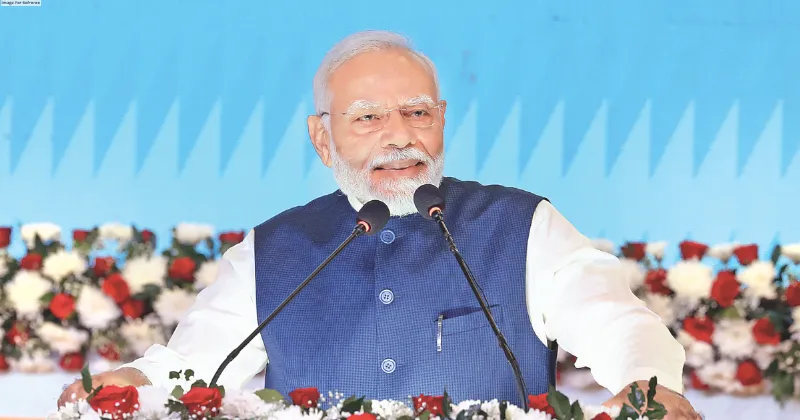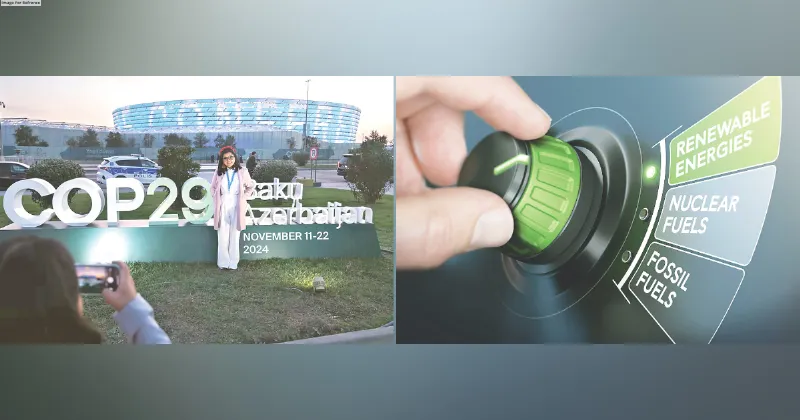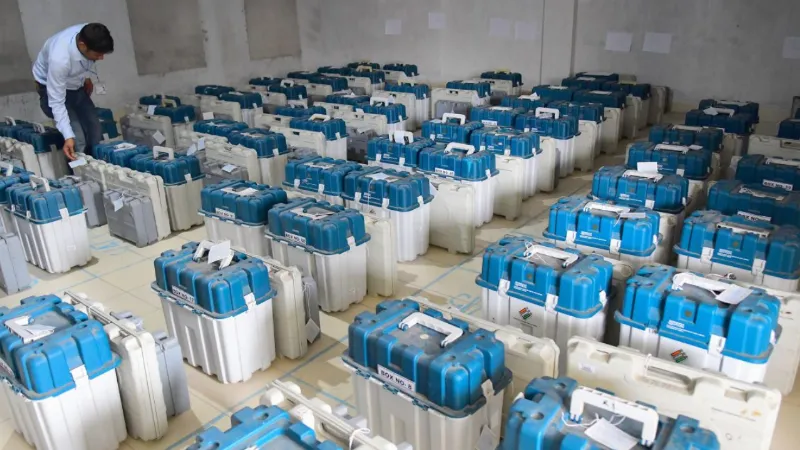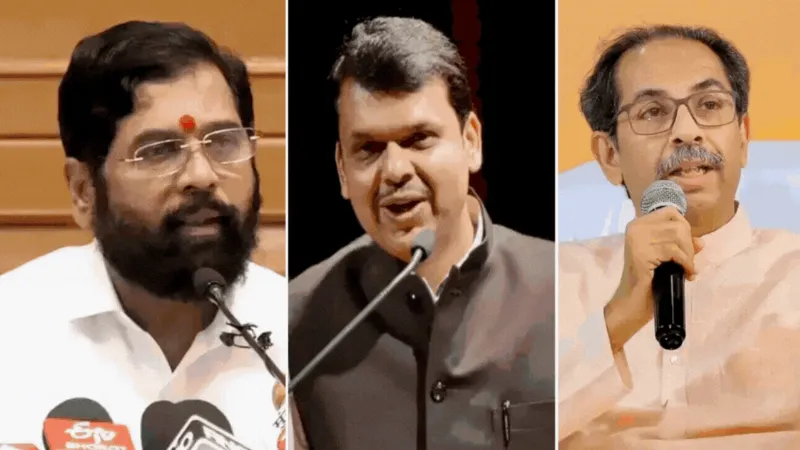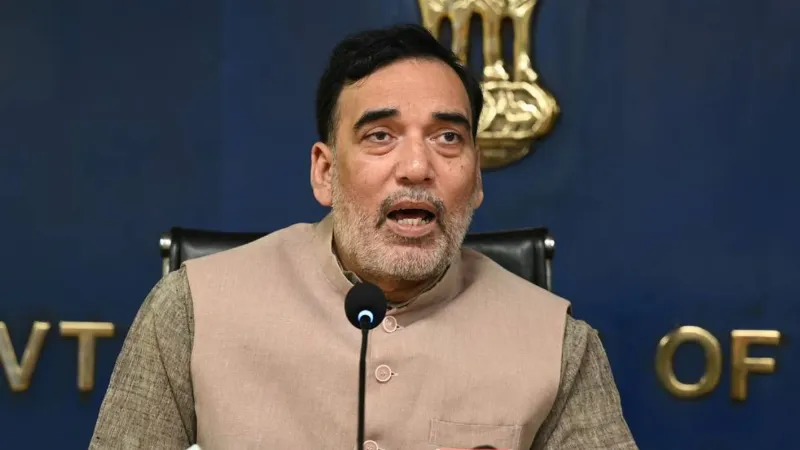WILL THE YEAR 2024 CONTINUE TO BURN?

In a recently published report, last January was considered the hottest January month to date. Besides, the year 2023 was also the hottest year. This record gives rise to unlimited concerns. Before this, 2016 was the hottest year, but it is believed that 2024 will break all the previous records and set new ones. As humans, we have also felt the cold of less and shorter duration this year. Less snowfall than normal has also been recorded in cold and mountainous areas. The goal is that the temperature level should not increase by more than one and a half degrees since the industrial era, but tireless efforts are still needed to achieve that goal.
If the trend of temperature increase continues like this in the year 2024, then it is inevitable that due to climate change, it will have adverse effects on humans, vegetation and other animals. In the last year, everyone has more or less suffered the adverse effects on human health and civilization due to record forest fires, avalanches, sea storms, earthquakes and ecological changes. Despite all this, relatively more time is being wasted at the global level in blaming each other.
If we assess the level of carbon emissions, India is still at a very low level, despite this the lobby of developed nations tries its best to create unnecessary pressure. It is noteworthy here that despite low emissions of greenhouse gases, at the policy and planning level, the concept of environmentfriendly and sustainable India is being taken forward vigorously. Be it the recently announced ambitious plan for solar energy on 1 crore homes or the Green Hydrogen Mission, the aim is to create a better environment.
On the contrary, developed nations, where carbon emissions have crossed the limits and are still increasing uncontrollably, are not able to move ahead. Last year, a lot of pressure was put on India to sign an affidavit banning the use of coal. But, India strongly opposed it saying that any decisive resolution should be taken holistically on all kinds of fossil fuel instead of aiming at a particular component i.e. coal. At present, coal is the source of 70 per cent of our energy production. In our country, concrete work is going on on alternatives like solar, wind, water, hydrogen, ethanol etc. and its positive results have also started coming, but in view of the lax attitude of the developed nations towards commitment towards other fossil fuels, only the concept of coal ban is targeted under pressure. Vehicle pollution is considered a major cause of carbon emissions but it is not very important in the context of India because only 1 per cent of the Global vehicle population is in India. This is a bigger problem for developed countries, especially North American countries, which rely more on personal transportation than public transportation.
Climate forcing measures imbalances in the Earth’s energy budget caused by disturbances in the climate system, for example, changes in atmospheric composition induced by human activities. Ideally, energy equivalent to solar energy should flow back into atmosphere, but after industrialization, the flowing temperature remains higher than the received temperature and this is root cause of climate change. This year, due to El Nino effect, there are strong possibilities of atmospheric imbalance.
Policies and plans are responsible for climate change, but the main role is still played by the common people who are not thinking seriously about responsible consumption beyond sensitivity. The misfortune is that the dependence on governance by the British was maintained under vote politics in the democratic system, otherwise, everyone would have been aware of the procedural flaws and effects in the implementation of participatory development and would have tried to solve them.
While addressing the last session of the Lok Sabha, Prime Minister Narendra Modi has emphasized on reducing the dependence on governance in the coming period by referring to minimum government and maximum governance, which has far-reaching implications. This is vital in establishing responsible consumption. At present, the common people are generally unaware of the adverse effects on the environment and ecology due to deforestation, food wastage, misuse of electricity, open burning of garbage, unusable production and purchasing, misuse and dependence on vehicles. Increasing personal needs and changes have added fuel to the fire.
Last year, many countries faced premature deaths due to rising temperatures, and the increasing frequency and intensity of sea storms has badly shaken not only the economy but also human life. Therefore, while it is known that year 2024 is likely to be record hot, positive steps can be taken towards reducing it through efforts made at the individual level. If every citizen also resolves to make an environmentally friendly change in his behavior If you take it, the change will be pleasant.
THE VIEWS EXPRESSED BY THE AUTHOR ARE PERSONAL
Dr Vivek S Agrawal The writer is specialist on Urban Health and Environment

